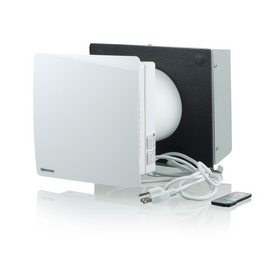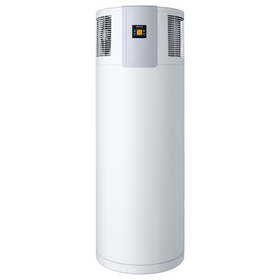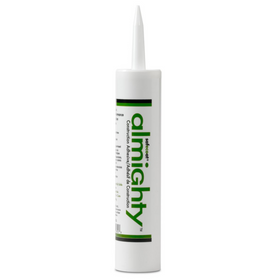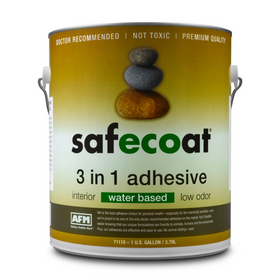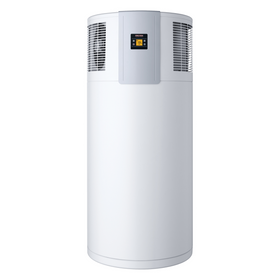
Landscaping Essentials to Get You Started with Yard Improvements
Last Updated: Apr 13, 2025It’s backyard season! And to kick things off this year, we’re looking at some of the basics to consider when planning your landscape makeover. Did the image get you? No we’re not talking about pools or fire pits or hot tubs (not in this one) - we’re talking about the four essential things to consider when planning landscaping improvements.
Table of Contents
- Make Water a Priority
- Soil is Golden
- Plant Smart
- Matter your Materials

Make Water a Priority
Turns out we’re (consumers) wasting A LOT of water. Wasteful irrigation is responsible for about a third of residential water use - that’s a lot of careless water usage! In North America, we haven’t yet made the transition to thinking that rainwater can do much more than just end up as waste in our drains and sewers.
One tip here is to treat water like there won’t be any available tomorrow. That means having a backyard that is properly designed and uses the right (and local/native) plants, can result in avoiding water waste.
Runoff from your house can be a good place to start - rainwater harvesting is a great way to capture rainwater from your home and use it for watering your garden or houseplants. Also not to be neglected: using rainwater means limiting your household water usage, which means dollars in the bank!

Soil is Golden
Treat your soil like gold and it will love you back. Chances are your soil is compacted - it’s a good thing to look into since compacted soil restricts plant growth contributes to erosion, and increases flooding and runoff.
Using mulch is eye candy for a garden - it also happens to protect the roots of plants, slow down erosion, adds nutrients to the soil, keeps the soil moist, and helps to keep weeds away. So get mulchin’!

Matter your Materials
Landscaping can be waste-inducing, so it’s a good idea to select plants that are the appropriate size, while also reusing and recycling/upcycling construction waste.
Hardscape materials are notorious for utilizing high amounts of energy to produce, and sometimes must be transported from far distances to reach their destination.
Opt for stone or concrete that can be salvaged, used bricks, and other recycled materials instead.
Rise
At Rise, we strive to make sustainable home improvement easy and accessible for everyone. Whether you're building or renovating, our thoroughly vetted building products will help you reduce your carbon footprint, lower energy costs, and create a more sustainable living or working environment.


